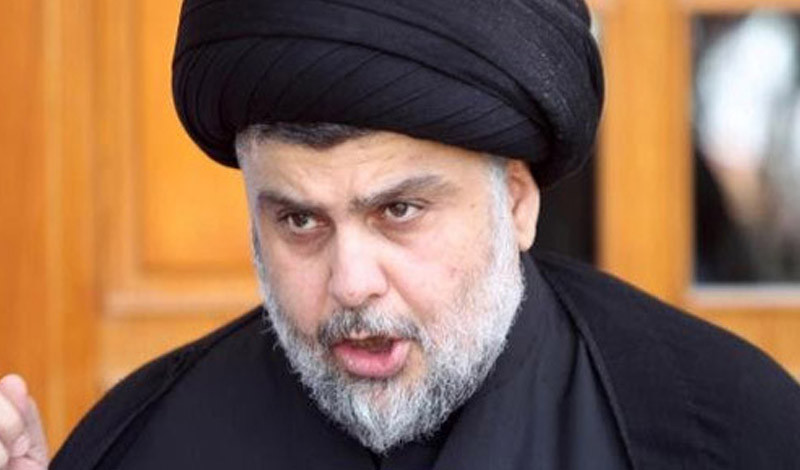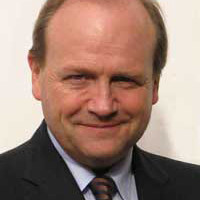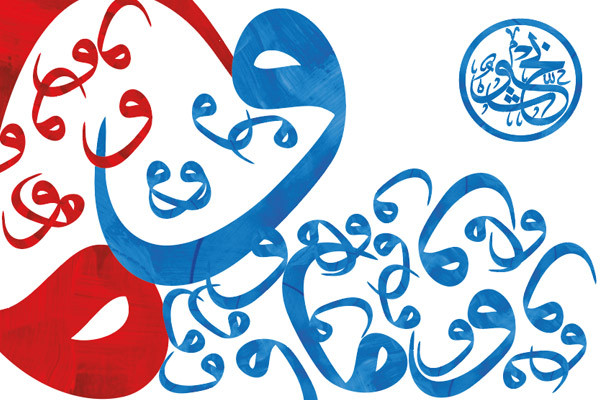Moqtada Al -Sadr Comes to Town
In the heat of the desert summer, Abu Dhabi this week welcomed a surprise guest in the shape of one of Iraq’s most controversial figures: Moqtadr al-Sadr.

- by Angus Taverner ,
- Friday, 18th August, 2017
In the heat of the desert summer, Abu Dhabi this week welcomed a surprise guest in the shape of one of Iraq’s most controversial figures: Moqtadr al-Sadr. Apparently warmly greeted by HH Sheikh Mohammed bin Zayed al-Nahyan last Sunday (13th August), the UAE ‘red carpet’ was rolled out for the Iraqi Shia leader who was once regarded as the scourge of the US-led coalition. His arrival, his high-profile reception and the release of official photographs followed a similar visit by al-Sadr to Jeddah at the end of last month (31st July), where he was similarly warmly received by the Saudi Crown Prince, HRH Prince Mohammed bin Salman.
Al-Sadr’s meetings with two of the most important leaders in the Gulf immediately triggered speculation and analysis of what had brought this once infamous Iraqi to town.
A number of factors appear to have bearing on answering this question; but the common denominator is the changing nature of Iraq’s relationship with Iran. For the past decade, most international observers have watched the spread of Iranian influence across Iraq; not just in the Shia south but also in the expansion of Iranian-backed militias which have been instrumental in achieving victory over ISIS in Mosul.
Under the leadership of former Prime Minister Nouri al-Maliki, it was evident that Iranian influence was not just osmotically spreading across Iraq but was being actively encouraged and embraced. For a time, it seemed that Iraq was hovering on the brink of becoming an Iranian dependency with key decisions being made in Tehran rather than Baghdad. But the unlikely success of Haider al-Abadi’s premiership and his leadership to victory in Mosul, has turned the political tide. The populist protests of Sadrists against government corruption, the gradual emergence of a more stable economy, and even the stirrings of renewed patriotic pride in the wake of Mosul success, have combined to produce a distinctly nationalist atmosphere – and one in which Sunni Gulf leaders seem to be perceiving an opportunity to ease the grip of Tehran.
With Mosul once more under Iraqi government control, it seems that Iran’s support in Iraq is no longer as welcome as it once was. Many of Iraq’s politicians, and not just al-Sadr, have started to bang a more nationalist drum emphasising the advantages and pride in the Iraqi nation rather than the sectarian divisions of the past. And more than most Iraqi political figures, it appears that al-Sadr has grasped the significance of the moment – not only continuing his demands for the eradication of government corruption but also campaigning against external influence.
For many years, Moqtadr al-Sadr remained closely associated with Iran, first as the principal backer of his campaign against the US-led coalition and then as the base for his renewed religious study following his departure from Iraq in response to the US military surge in 2007. However, it is noteworthy that even at the height of his notoriety, al-Sadr maintained his stance as an Iraqi nationalist rather than a champion of sectarianism. It may be recalled that during his famous sermon to 6,000 followers in Kufa in May 2007, he not only condemned the American occupation of Iraq but he called on Shia and Sunni alike to remain united against the Western invaders.
Despite his close ties to Tehran, observers have also noted his mounting anger at Iran’s unwavering support for Bashar al-Assad’s regime in Syria, and it is this that is seen at the heart of his latest distancing from Iran’s leadership. And with an eye on next year’s elections, it seems that al-Sadr is coming full circle, proclaiming himself as an Arab nationalist as well as a proud Iraqi.
In July this year, before travelling to Jeddah, al-Sadr met with Iraq’s original interim Prime Minister, Ayad Allawi, who today leads Iraq’s ‘Al Wataniya’ coalition movement. After their meeting, the two men released a joint statement which declared their shared determination to “build an Iraqi state based on unity and sovereignty, and shunning any meddling in its affairs.”
It is against this political backdrop that the moment may seem right for both the Saudi and Emirati leaderships to seize the opportunity to push back against Iran’s hold over Iraq. While little has been revealed about the discussions that al-Sadr had in Jeddah and Abu Dhabi, the photographs of him being warmly welcomed by two of Iran’s most determined adversaries seems likely to have sent an unequivocal message to Iran.
However improbable it may seem – especially for those who have followed al-Sadr’s parabolic career as a fervent Shia insurgent – it appears that the chameleon-like Iraqi leader is now seeking support from Saudi Arabia and the UAE as he prepares for next year’s elections. The Iraqi economy still needs substantial support and al-Sadr seems to be banking on the Gulf states to offer this in return for a determined effort to eliminate Iran’s influence over its western neighbour. Iraq is of course an Arab rather than Persian country. Moqtadr al-Sadr’s travels round the capitals of the Gulf over the past two weeks have left many observers pondering whether the tug of Arab nationalism may once again be proving a more potent allure following years of sectarian division

Angus Taverner
(Director Global Affairs Division) (former)

